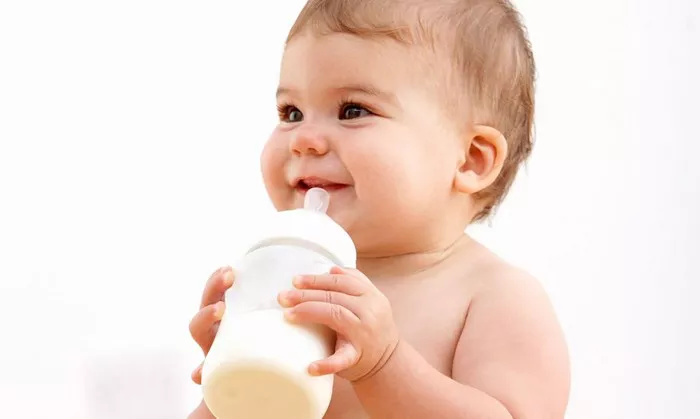Burping is an essential part of feeding for newborns. It helps to release air that they swallow while eating. Parents often wonder when babies will start to burp on their own. This article will explore the burping process, when infants typically begin to burp independently, and tips for ensuring their comfort.
Understanding the Need to Burp
Newborns have small stomachs that fill quickly. When feeding, they often swallow air along with their milk. This air can cause discomfort and lead to fussiness. Burping helps to relieve this pressure. It is important to encourage burping during and after feeding to prevent discomfort and promote better digestion.
How Burping Works
Burping occurs when air trapped in the stomach is released through the mouth. This can happen naturally as the baby grows and their digestive system matures. Some babies may burp easily, while others may need assistance.
During the first few months, parents play a vital role in helping their babies burp. By gently patting or rubbing the baby’s back, caregivers can encourage the release of trapped air. As babies grow, they will develop better muscle control and may begin to burp on their own.
Age When Newborns Start to Burp Independently
Most newborns will rely on their parents for burping during the first few months. Typically, infants begin to burp on their own between four to six months of age. By this time, their digestive system is more developed, and they have better control over their muscles.
However, every baby is different. Some infants may start to burp independently sooner, while others may take longer. It’s essential to pay attention to individual cues and comfort levels.
Factors Influencing Burping Ability
Several factors can influence when a baby starts to burp on their own. These include:
Feeding Position
The position in which a baby is fed can affect how much air they swallow. Feeding in an upright position can help minimize the amount of air ingested. This, in turn, may lead to less reliance on burping.
Type of Feeding
Whether a baby is breastfed or bottle-fed can also impact their burping habits. Bottle-fed infants may swallow more air due to the nipple shape and flow. Breastfed babies might swallow less air if they latch well. Parents should observe their baby’s feeding style to understand their burping needs.
Baby’s Comfort
A comfortable baby is more likely to burp easily. If a baby is upset or fussy during feeding, they may swallow more air. Creating a calm feeding environment can help reduce anxiety and promote easier burping.
Signs Your Baby Needs to Burp
Understanding when your baby needs to burp can make the process smoother. Look for these signs:
Fussiness
If your baby becomes fussy during or after feeding, it may indicate that they need to burp.
Arching of the Back
Some babies may arch their backs or squirm when they need to release trapped air. This can be a clear sign that they are uncomfortable.
Spitting Up
Spitting up can also be a sign that your baby needs to burp. If your baby spits up frequently, it may be due to air trapped in the stomach.
Techniques for Burping Your Baby
While newborns will eventually learn to burp on their own, it is essential to assist them during the early months. Here are some effective techniques:
Over the Shoulder
Hold your baby upright against your shoulder. Support their bottom with one hand while gently patting their back with the other.
Sitting Up
Sit your baby on your lap, supporting their chest and head with one hand. Use the other hand to pat or rub their back.
Lying Down
Some babies may respond well to being laid on their tummy across your lap. Gently pat their back while they are in this position.
Experiment with these techniques to find what works best for your baby.
When to Seek Help
Most babies will learn to burp on their own as they grow. However, if your baby seems excessively fussy, experiences frequent spitting up, or shows signs of discomfort after feeding, it may be time to consult a pediatrician. They can rule out any underlying issues and provide guidance on how to help your baby feel more comfortable.
Conclusion
Burping is a natural process for newborns. While they typically rely on parents for assistance during the first few months, they will begin to burp on their own around four to six months of age. Understanding when to burp, recognizing signs of discomfort, and using effective techniques can help ease your baby’s feeding experience.
Parents should remember that every baby is unique. Patience and observation are key in helping your newborn become more comfortable and confident in their feeding journey. As your baby grows, they will develop the skills needed to burp independently, leading to a happier and more comfortable feeding experience.
Related topics:


